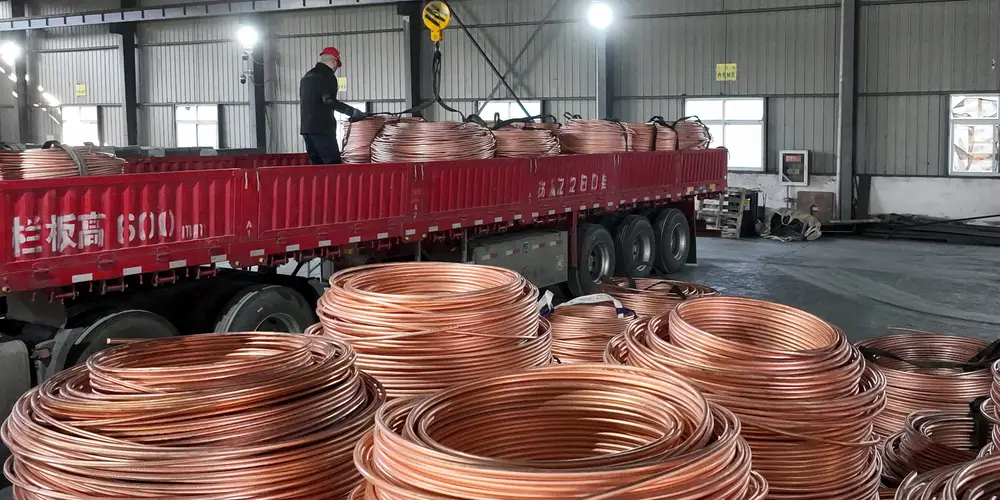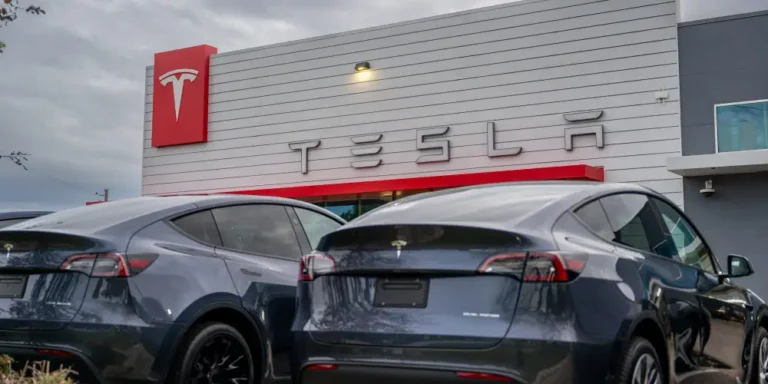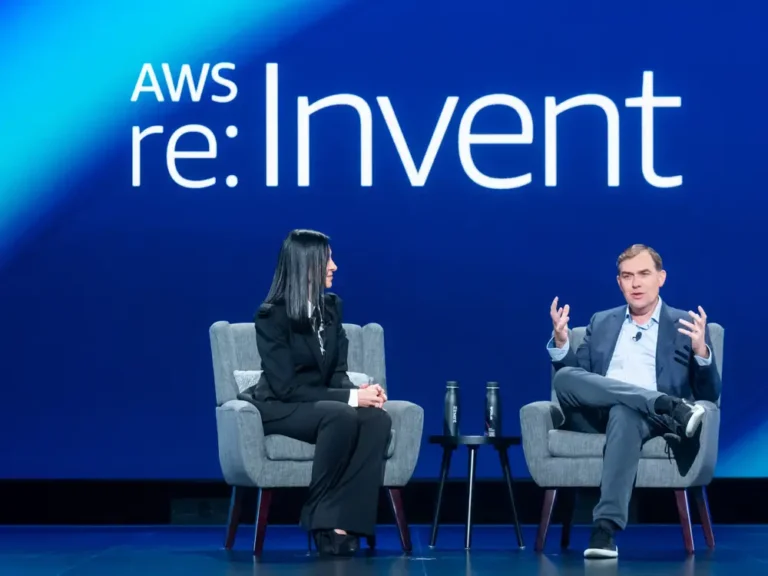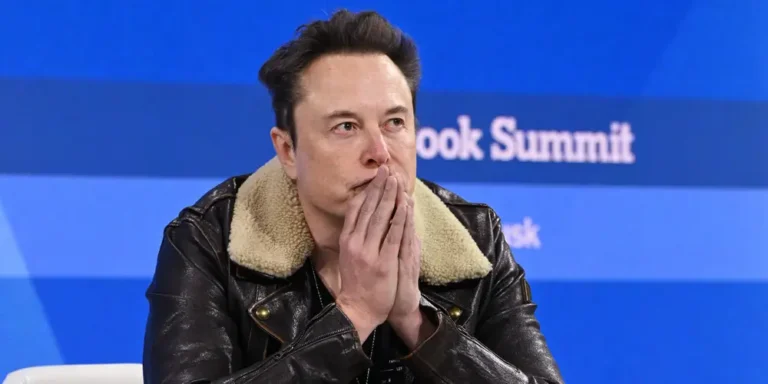AI will nearly double demand for copper, which is already facing a global shortage

A rising copper shortage is set to intensify as artificial intelligence boosts demand for the red metal by as much as 72% in the coming decades, according to mining giant BHP.
Chief Financial Officer Vandita Pant told the Financial Times that AI data centers will account for 6% to 7% of copper demand by 2050. These centers currently make up less than 1%, she noted, but there increasing buildout requires more of the red metal.
By another measure, BHP expects global demand for copper to rise 52.5 million tons a year by the mid-century, compared to 30.4 million tons in 2021.
In recent years, a shortfall in the red metal has sparked concern among industries that depend on it, and commodity experts have forecast the demand-supply imbalance to hike prices through the years to come. Copper is a key material in various economic sectors, used in everything from construction to machinery.
Global inventory hit its lowest levels since 2008 last year, with existing projects failing to keep up with demand. Meanwhile, new mines are not coming online fast enough — it typically takes 15 years to open one.
These conditions caused copper prices to peak to a record high in May, though China’s economic tumble has helped deflate prices to $9,207 a ton. However, some analysts see the commodity rising $15,000 to $40,000 as the shortage becomes more apparent.
The industry has turned to mergers and acquisitions to increase output. BHP, for example, partnered with Lundin Mining in July to purchase exploration firm Filo for $3 billion, FT reported.
But AI will compound demand for copper moving forward, as the metal is a key ingredient in electrifying the data centers that run the technology.
Meanwhile, the chips that power the tech are extremely power-intensive, adding to the situation. Bank of America projects that an additional 18 to 28 gigawatts of electric capacity will needed by 2026.
Previously, the bank also considered copper prices to benefit from the expansion of AI data centers. It predicted that the metal could hit $5.44 a pound by 2026, indicating 27% upside from current levels.






